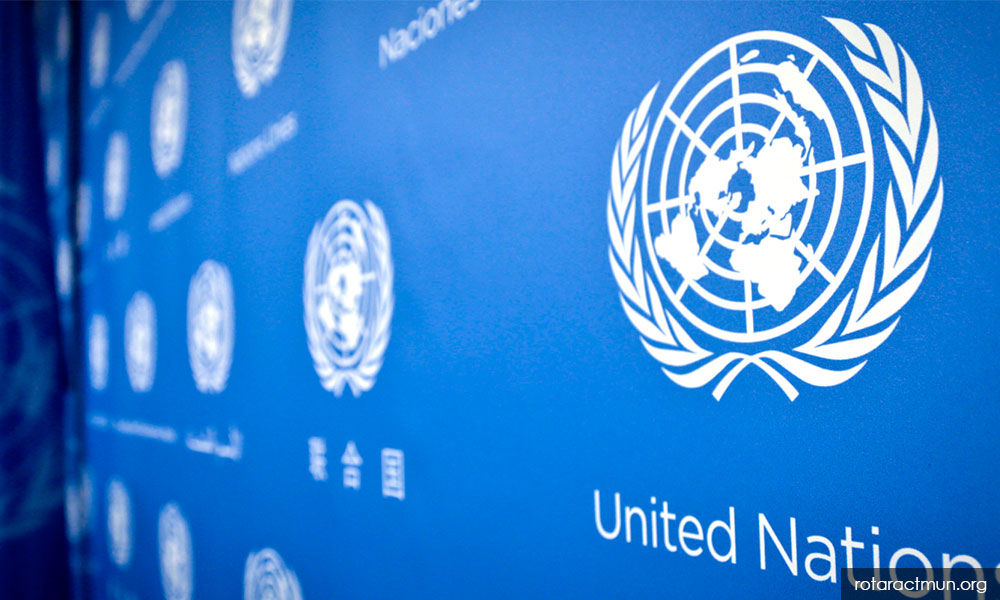Malaysiakini:
Rational response to human crises
by Eric Loo
Friends are doing it. Some family members too. Asked why they are stocking up on toilet paper, many are stumped in explaining how a respiratory disease will affect their defecatory functions.
Social media posts shared by well-meaning friends of long queues scrambling for bottled water, pasta and instant noodles further whip up a hoarding frenzy. Panic buying leads to a perceived shortage of certain products, which jack up the prices. Anxiety over further shortage leads to more panic buying, further price hikes – and unsightly squabbles among shoppers.
An unknown dramatic public health crisis understandably draws a dramatic global response. Hence, the simmering public fear leading up to Prime Minister Muhyiddin Yassin’s announcement of a partial lockdown and travel bans.
Since the SARS-like virus was first reported to have started from a wet market in Wuhan, China, last December, the media have been saturated with Covid-19 news. There are as many medical-based reports of its symptoms and infection rates as there are speculative stories on how the virus will contract the economy and sever the supply chain from China.
Constant media coverage of an epidemic does influence how we perceive an existential threat, how we view our health, interpret the symptoms, and gauge our daily needs. The more frequent the disease is reported, the more severe and contagious it is, we feel.
Notwithstanding the saturated coverage of Covid-19 and the consequent public behaviour, particularly since its spread to the US, journalists – and social media influencers - should work to allay public fear by better informing their readers of the testing process, the high-risk groups, the precautions to take and our individual responsibility to keep the novel coronavirus in check.
The problem arises when sensational social media posts, much of it misinformed, are re-shared by well-intentioned friends, which ultimately fan an ‘infodemic’. When panic pushes out perspectives, when conjectures confound the contexts, rationality is somehow lost in the process.
The responsibility lies with us in following the science and data, verifying their accuracy while relating the human drama to our circle of contacts only if the drama informs and educates. Our challenge is in finding a balance between fanning unwarranted panic and downplaying the severity of a public health crisis.
Scientific American has published some guidelines on the responsible reporting and public communication of Covid-19 related news.
While Covid-19 is the latest pandemic, Medicins Sans Frontieres noted that the most under-reported crises in the world are the soaring death toll caused by tuberculosis, HIV-AIDS, lack of clean water and sanitation, medicines and sectarian conflicts in parts of Africa and India.

A website search of humanitarian aid agencies and the United Nations Millennium Development Goals shows many worthy human stories that are still trapped in the news black hole.
At this time of writing, swarms of locusts “have devoured crops in East Africa, the Middle East and South Asia” placing some 20 million people at risk of famine. But we don’t read much of it in the mainstream media.
While lifestyle journalism in the West indulges in weight-loss fad diets and celebrity trivia, millions of children in developing countries are dying every year from malnutrition and preventable diseases, according to reports by the World Health Organisation.
Malaria kills about 3,000 children in Africa every day, the majority under five years old. A United Nations International Children's Emergency Fund (Unicef) report says more than 40 percent of the world population live in malaria-risk areas. Malaria in pregnancy kills up to 200,000 newborn babies each year.
Lack of clean water, adequate nutrition or proper health care caused 75 percent of global deaths, the majority in Africa and South Asia. Having met many African refugees in Australia over the years, I have heard their compelling stories.
Medicins San Frontieres has published a series of reports of the human misery in the African continent, which have received scant media coverage.
HIV-AIDS, mainly transmitted from both parents, continue to kill one in six African children before their fifth birthday. This has created a generation of African orphans giving rise to the concept of child-led families. This is where both parents had died of AIDS, and the eldest child bears the brunt of caring for the siblings.
Close to 30,000 children in poor countries die daily because medicines are too expensive or simply not available. World Trade Organisation rules on patents by big pharmaceuticals have made critical medications unaffordable for the world’s poor. (Imagine if US President Donald Trump had succeeded in buying the exclusive rights to a Covid-19 vaccine being tested by a German company, CureVac).
Yes, while the media in the West currently focus on how Covid-19 is ravaging the US, UK and Europe, two-thirds of the world population are languishing in poverty, starvation and disease.
Nevertheless, Covid-19 has shown how interconnected we all are with one another and with the environment. It has also created some unintended positives. With the many country lockdowns, travel bans and consequently less world tourism, the canals in Venice are running cleaner, the air quality in China feels fresher, and global carbon footprint apparently reduced – at least for now.
ERIC LOO is a senior fellow (Journalism) at the University of Wollongong, Australia. He is also the founding editor of the Asia Pacific Media Educator
Eric Loo is yet another out-of-touch elitist trying to minimise the threat of the Coronavirus.
ReplyDeleteMalaria, AIDS, locusts, tuberculosis, none of them, individually or collectively threatens a worldwide recession or even Depression.
The Coronavirus does.